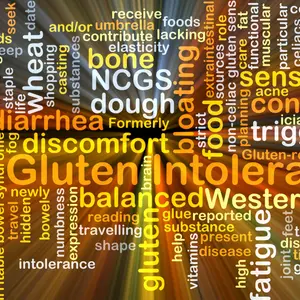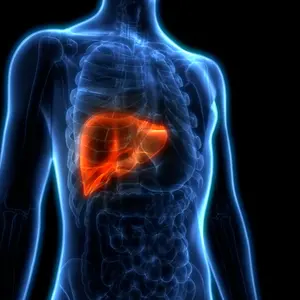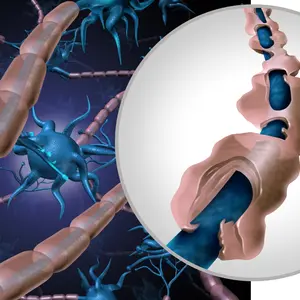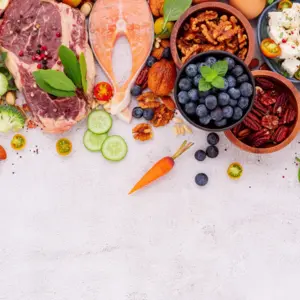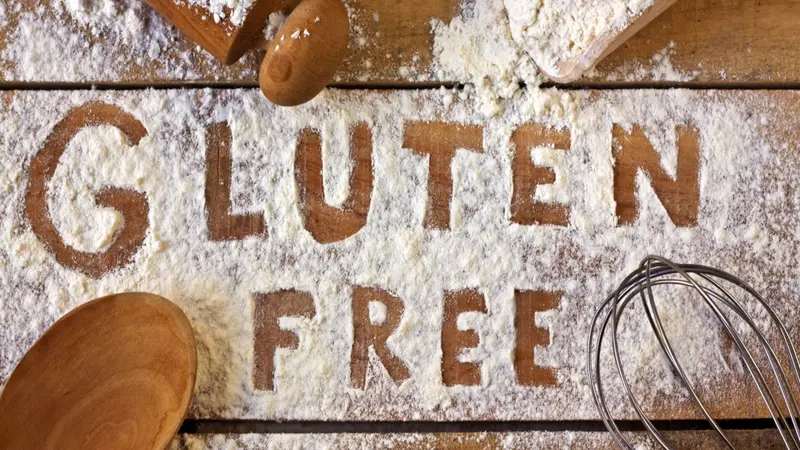

Chronic Conditions and Diseases

Chronic Conditions and Diseases
Gluten Cross-Contamination and Cross-Reactivity
As food sensitivities and allergies are on the rise, more and more people are adopting gluten-free diets. Often patients continue to experience symptoms even on a gluten-free diet (GFD). These symptoms could be due to either cross-contamination with gluten-containing foods or cross-reactivity. Cross contamination is due to accidental mixing of gluten-containing grain, flour, or ingredients during food preparation. Cross-contamination can be prevented by adopting the following precautions:
• Use separate dusters.
• Use separate utensils, ladles, and spoons. Common utensils must be thoroughly washed and cleaned before cooking gluten-free food.
• Gluten-free cooking/baking should preferably be undertaken before other food preparations, to minimize chances of contamination. If possible, gluten-free baking must be done in a completely separate environment and the equipment used must be kept solely for gluten-free baking.
• For bulk cooking/baking, fix a day for gluten-free food only.
• Cook gluten-free food in a thoroughly clean area. All surface that comes in contact with gluten-free ingredients must be carefully cleaned before preparing gluten-free meals, and a special check must be made to ensure that there is no gluten-containing dust in the air, on the surfaces, working clothes or on the hands.
• When rolling dough, use gluten-free flour and not regular flour.
• When frying gluten-free food items, ensure that the oil is not contaminated with previously cooked items containing gluten.
• When boiling gluten-free pasta, use fresh boiling water that has not been previously used to cook ordinary pasta.
• A clean toaster not contaminated with ordinary crumbs should be used for toasting gluten-free breads.
• Knives used to slice gluten-free breads, cakes or rolls should be free from contamination with ordinary crumbs of breads, cake, or rolls.
• Boards used to slice gluten-free foods should be thoroughly washed before use.
• Butter, cheese, or spreads used for gluten-free breads must not be contaminated with crumbs of regular breads.
Cross-reactivity occurs when the proteins in one substance are like the proteins in another. As a result, the immune system sees them as the same. In case of food sensitivities or allergies, cross-reactivity can occur between one food and another.
For example, about 50% of those who are gluten-intolerant are also sensitive to dairy. Likewise, 50% of people with celiac disease have a cross-reaction to corn because of molecular mimicry. The gluten proteins in corn look similar enough to gluten proteins in wheat that the immune system reacts to them.
A similar protein immune reaction occurs when these antibodies are exposed to cow’s milk, milk chocolate, whey protein, casein, yeast, oats, corn, or instant coffee. The consumption of cross-reactive foods as well as gluten-contaminated foods may be responsible for the continuing symptoms presented by gluten-sensitive individuals. In other words, lack of response or incomplete recovery on a gluten-free diet can be due to contamination with gluten or antibody cross-reactivity with non-gluten containing foods. These should then be treated as gluten-like proteins and should also be excluded from the diet when the gluten-free diets seem to fail. The decision to eliminate any of these cross-reactive grains should based on individual reactions under the supervision of a qualified professional.
This article is printed with permission from the author, Ishi Kosla. Ms. Kosla is a columnist, TV and radio speaker, TedEx speaker, researcher, and author focusing on the effect food has on the body. She is a clinical nutritionist at the Center for Dietary Counseling in Delhi, India. Passionate about nutrition and a strong believer in the power of foods, she spearheaded a first of its kind health food company in India; the business produces and retails health foods and operates Health Cafe's. Ms. Kohsla also founded The Celiac Society of India to spread awareness about wheat-related disorders in India.
REFERENCES


 By
By
